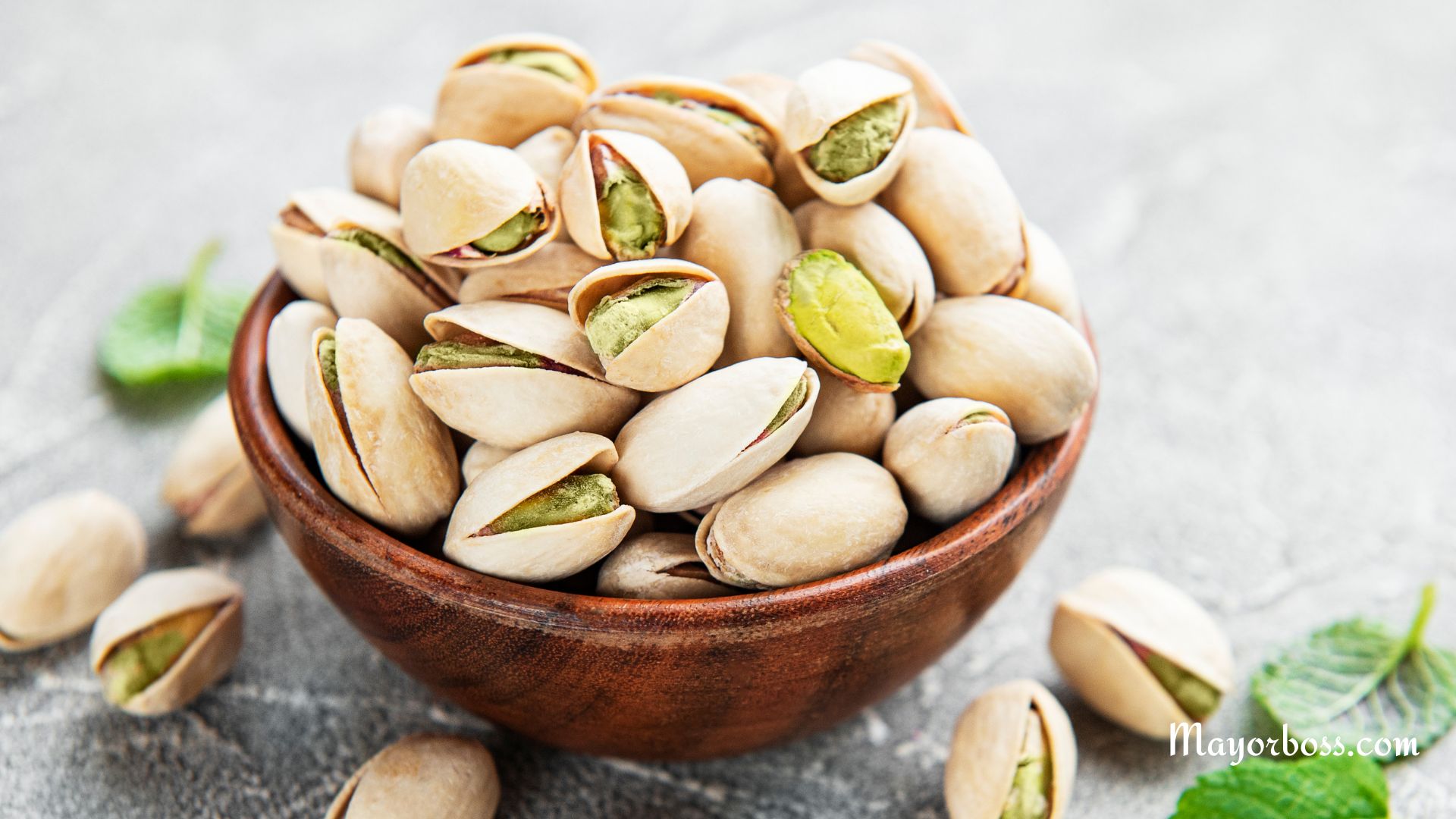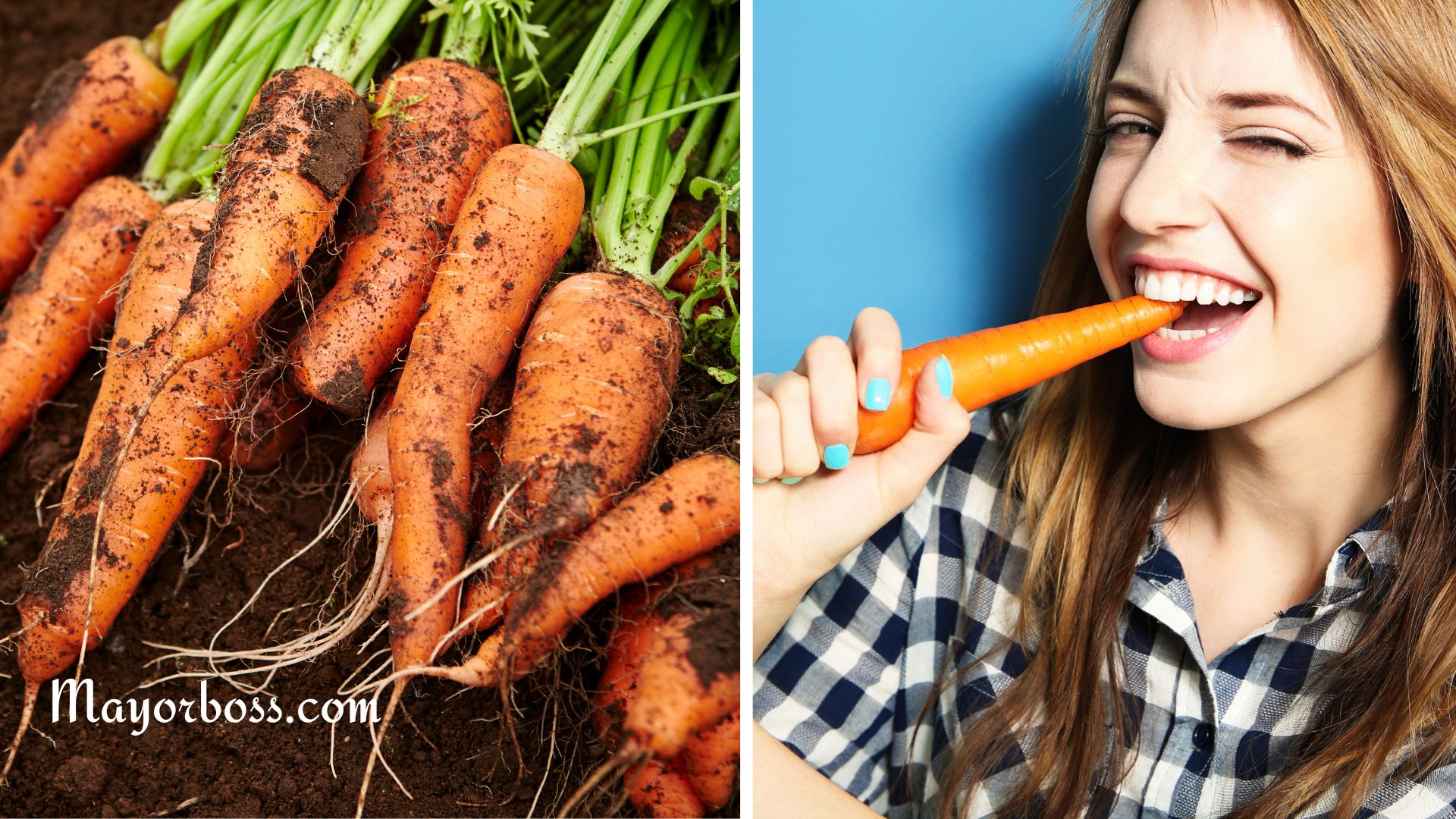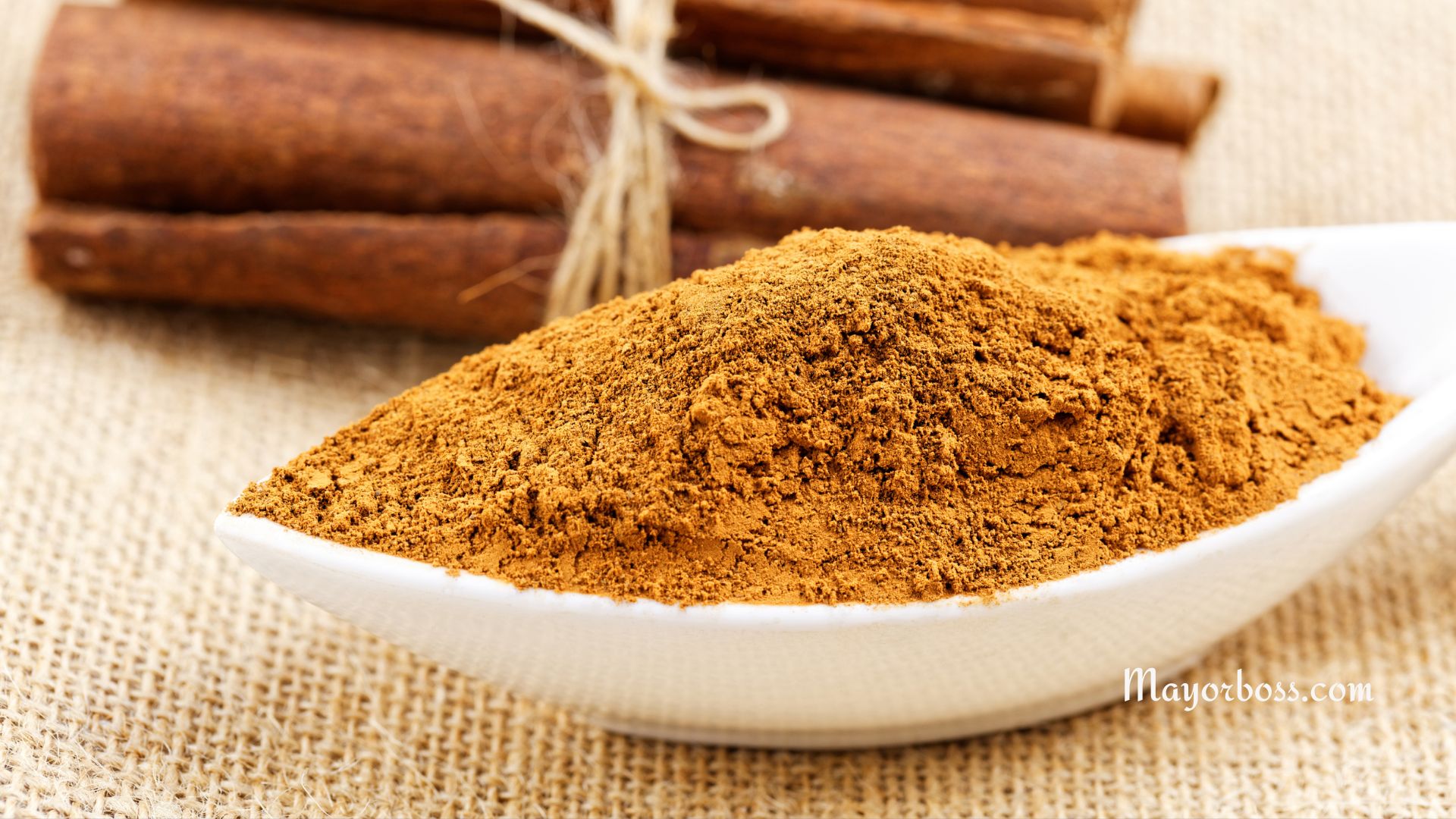7 Foods That Naturally Cleanse Your Kidneys
I always encourage my readers to consider the role their kidneys play in overall health. These two small, bean-shaped organs, about the size of your fist, work quietly each day, filtering and cleaning your blood. Without your kidneys, waste products would build up inside your body, causing serious problems. Yet, most people barely notice their kidneys until something goes wrong. Thankfully, we can support these vital organs through the foods we eat. By including certain natural foods in your daily diet, you can give your kidneys the gentle help they need to perform at their best.
When we talk about cleansing the kidneys, we mean supporting their natural ability to remove toxins and maintain a proper balance of water, salts, and minerals in your blood. While these foods do not take the place of medical care, they are strong allies that support your kidneys’ natural duties. Here are seven common foods that can help maintain kidney health.

1. Cranberries
Cranberries are small, bright red berries that have been popular in folk remedies for many generations. For decades, people have appreciated their potential to help support the urinary tract. When you enjoy cranberries, either as fresh fruit or in unsweetened juice, you give your body certain plant compounds that may stop harmful bacteria from sticking to the urinary tract. This helps reduce the chance of urinary tract infections, which can stress the kidneys if they spread.
Cranberries are also a source of antioxidants known as proanthocyanidins. These compounds help protect the body’s cells from damage caused by unstable molecules called free radicals. By eating cranberries or drinking their juice, you may help maintain the kidney’s lining, giving these organs a good environment to do their job. Keep in mind, though, that it is best to consume cranberries without added sugar. Excess sugar can cause other health issues that your kidneys must work hard to manage.
2. Garlic
Garlic may have a strong smell, but it is well-loved in cooking around the world because it can add flavor without extra salt. This is particularly important for kidney health since a high-salt diet can put unnecessary pressure on your kidneys and raise blood pressure. Garlic contains sulfur compounds, which are believed to bring a host of health benefits, including supporting heart health. By keeping your blood pressure at a healthy level, you help reduce the load on your kidneys, allowing them to work more efficiently.
Garlic also contains antioxidants that support many body systems. These antioxidants help reduce inflammation, which can also protect kidney function. Consider adding garlic to your meals in place of salt or other salty seasonings. Over time, this simple choice could help lighten the workload on your kidneys.
3. Berries (Blueberries and Strawberries)
Blueberries and strawberries are bright, delicious fruits that supply your body with valuable vitamins and antioxidants. They have natural sweetness and can be enjoyed in all sorts of ways—fresh as a snack, blended into smoothies, or stirred into oatmeal. For kidneys, the antioxidants in these berries, such as vitamin C and various plant pigments, help defend cells against harm.
Some research suggests a diet rich in berries may support your kidneys by reducing inflammation and oxidative stress. Both of these factors can lead to damage over time. The fiber in berries can also help manage blood sugar levels, preventing sudden spikes that can stress the body’s filtration systems. By making berries a regular part of your diet, you are giving your kidneys a gentle shield against daily wear and tear.
4. Red Bell Peppers
A red bell pepper not only looks appealing on your plate but is also a source of vitamins A, C, and B6, along with fiber and other plant compounds. These vitamins help strengthen your body’s defenses. Vitamin C, for example, is a powerful antioxidant that can help protect kidney cells from damage.
Red bell peppers are also low in potassium, which can be helpful if you need to watch your potassium intake due to kidney concerns. Many people with kidney problems must limit high-potassium foods. By choosing red bell peppers, you can enjoy a colorful, crunchy vegetable without placing a heavy burden on your kidneys. These peppers can be sliced into salads, added to omelets, or roasted as a side dish. Any way you serve them, they will add flavor while supporting healthy kidney function.
5. Cabbage
Cabbage may seem humble and ordinary, but it has plenty to offer your kidneys. This green, leafy vegetable contains important nutrients such as vitamin K, vitamin C, and fiber while being low in potassium. A low-potassium vegetable can be important for individuals who already have kidney issues, as the kidneys are generally responsible for maintaining the right level of potassium in the blood.
Cabbage can support digestion and heart health. A well-functioning heart pumps blood efficiently, making it easier on your kidneys. With this supportive relationship between the heart and kidneys, you are indirectly assisting your kidney health by including heart-friendly, high-fiber vegetables like cabbage. Whether served as coleslaw, lightly steamed, or stir-fried, cabbage offers a gentle push toward better kidney health.
6. Apples
The old saying “an apple a day keeps the doctor away” may not have been invented with kidney health in mind, but apples do contain nutrients that could benefit these vital organs. Apples provide both soluble and insoluble fiber, helping to manage blood sugar and cholesterol levels. Keeping these factors in check is good for the entire body and may lighten the overall stress on the kidneys.
Apples also deliver antioxidants that help reduce cellular damage. In addition, their natural sweetness makes them a great snack or a topping for breakfast cereal. By choosing apples rather than sugary treats, you avoid overloading your kidneys with the extra work of filtering out unhealthy elements. Enjoy them fresh with the skin on, as that is where much of the fiber and nutrients are stored.
7. Olive Oil
Olive oil is widely regarded as one of the healthiest cooking oils. Unlike some oils that are high in unhealthy fats, olive oil is rich in monounsaturated fats, which are better for your heart and blood vessels. Maintaining good heart health reduces strain on your kidneys since these organs depend on a steady, smooth flow of blood to do their work efficiently.
Research suggests that olive oil also contains compounds called polyphenols, which have antioxidant properties. By helping to reduce inflammation, these compounds can potentially play a role in protecting kidney function. Consider using olive oil as your main cooking oil or as a salad dressing base. The subtle flavor of high-quality olive oil blends easily with many dishes, providing a heart- and kidney-friendly alternative to butter or other saturated fats.
Additional Tips for Supporting Kidney Health
While adding these foods to your diet can help support kidney health, it is also important to consider other simple habits. Drinking enough water is perhaps the most obvious way to help your kidneys do their job. Water keeps your blood and body fluids moving, making it easier for your kidneys to filter waste. However, do not force yourself to drink too much; just stay comfortably hydrated.
Another tip is to pay attention to salt intake. Too much salt can cause high blood pressure and force your kidneys to work harder. Try using herbs and spices to flavor your meals. Also, be mindful of your sugar intake. Excess sugar can lead to weight gain and higher blood pressure, both of which can affect the kidneys over time.
Staying physically active can also help maintain kidney health. Exercise helps keep blood pressure under control and improves overall circulation. Even a brisk walk each day can make a difference. If you smoke, consider quitting. Studies show that smoking can tighten blood vessels and decrease blood flow to the kidneys.
Finally, it is always a good opinion to have regular medical check-ups. Your doctor can spot early signs of kidney issues and guide you on what measures to take. If you have existing kidney concerns, follow your healthcare provider’s advice closely. Food and lifestyle changes can help, but they do not replace professional medical care.






